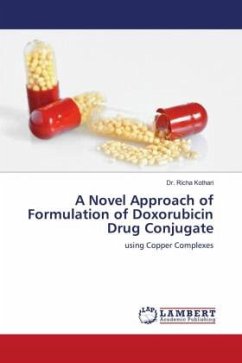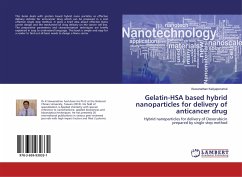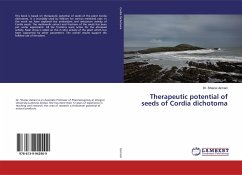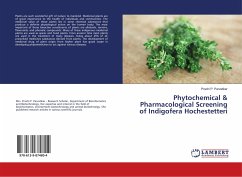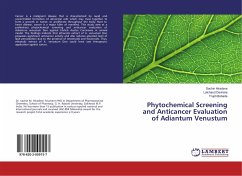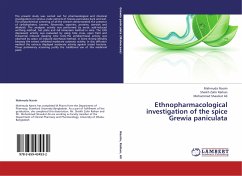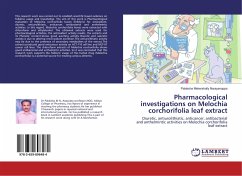In the present study a series of Cu (II) complexes of Schiff base molecular adducts of doxorubicin have been synthesized and characterized by analytical, molar conductance, IR electronic magnetic susceptibility and powder XRD measurements and screened for various biological activities (antioxidants, and cytotoxicity). In all the Cu (II) complexes 1:2 metal to ligand molar ratio was obtained from analytical data. The molar conductance data confirm that all complexes are non- electrolytic in nature. Based on the electronic and magnetic data, an distorted octahedral geometry is ascribed for all the copper (II) complexes. All Cu (II) complexes showed considerable anticancer activity against MCF-7 cell lines and more pronounced antioxidant activity lines and more pronounced antioxidant activity in the presence of DPPH. The newly synthesized title compounds were evaluated for their MCF-7 cell growth inhibition, the results revealed that all the tested compounds possess inhibitory effects on the growth of MCF-7 cancer cells. Compound 3 showed the highest inhibition activity against MCF-7 cell line (IC50 7.21 ± 0.1 mig/ml) among all tested Compounds.

